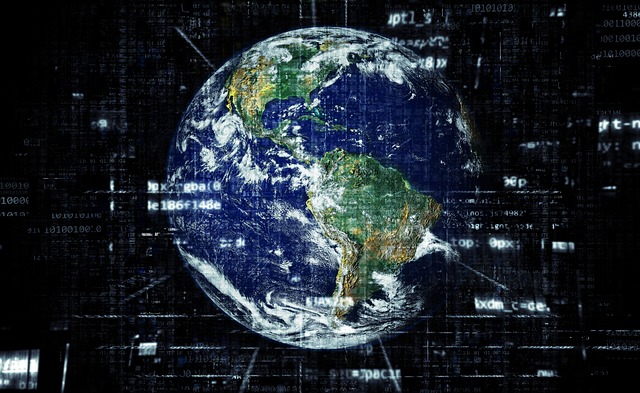The threat posed to the global economy by catastrophic risks in 2020 is higher than ever at roughly $584 billion, according to a new report by The Centre for Risk Studies at the University of Cambridge Judge Business School.
 The annual Global Risk Index report said the figure was 3% higher than in the previous year, representing around 1.55% of 2020 GDP.
The annual Global Risk Index report said the figure was 3% higher than in the previous year, representing around 1.55% of 2020 GDP.
The index measures the potential impact of risks such as commodity price shocks, extreme weather, power outages and pandemics, looking at 279 major cities worldwide, which collectively account for 41% of global GDP.
In terms of highest risk exposure, the top ten cities are spread right across the globe, with Tokyo at the top of the list, followed by Istanbul, New York, Manilla, Taipei, Osaka, Los Angeles, Shanghai, Seoul and Mexico City.
The top three classes of threats in terms of GDP at risk were found to be natural catastrophes $179 billion; financial, economic and trade risk sitting at $149 billion; and geopolitical and security risks in third place at $141 billion.
“Corporate risk is escalating along with the cadence and ferocity of climate-related catastrophes,” said Andrew Coburn, Chief Scientist at Cambridge Centre for Risk Studies.
“While reinsurers saw a year of below-average insurance losses in 2019, they remain wary of events that could generate record losses like the 2017 hurricanes and an increasing number of wildfires. As such, ratings agencies predict premiums could rise as much as 5% from January,” he explained.
“Power outages, like those forced by the Californian wildfires, have also highlighted the ripple effects impacting societies and their ability to manage throughout, and recover from, catastrophic events.”
Coburn continued: “Rate of recovery is critical to reducing relative risk exposure. Insurance pay outs are funding the recovery process of cities. The time a city takes to recover also depends on access to funding, including both insurance and aid. Better access enables faster recovery and therefore higher resilience to shocks to the global economy. The insurance world is central to global recovery.”


